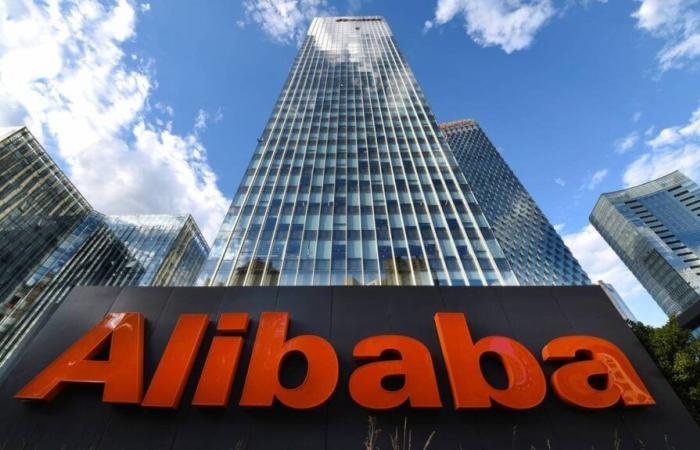On December 18, 2024, the Chinese giant Alibaba officially launched its platform on the Moroccan market during an event organized in Casablanca, in partnership with the Moroccan Confederation of Exporters and the Moroccan Agency for the Development of Investments and Exports. However, this entry into the Moroccan market raises several issues, presenting both undeniable advantages for local businesses and challenges that should be considered with caution.
The announcement of Alibaba’s establishment in the Moroccan market marks a decisive step in the development of electronic commerce in Morocco, fully part of an economic dynamic where exports and market diversification are at the heart of national priorities. .
One of the main advantages of this launch lies in the opening of Moroccan companies to new international markets, particularly European ones. Alibaba, as one of the world’s largest online B2B commerce platforms, has an active buyer network spanning more than 200 countries and regions, with a total of more than 48 million buyers . This global audience constitutes a major lever for Moroccan companies, particularly those in the textile, craft and agri-food sectors, which will now be able to expose their products to an international professional clientele.
This development is all the more relevant at a time when companies are seeking to diversify and export beyond traditional borders. Additionally, Alibaba’s establishment in the Moroccan market is likely to spur innovation and modernize business practices. By offering advanced technological tools for transaction management, logistics and connection with international partners, Alibaba will enable Moroccan companies to digitalize and benefit from cutting-edge digital infrastructure, which will strengthen their competitiveness on the market. world stage.
Read also: Conflict of interest: Akhannouch desalination project raises passions and accusations
However, although Alibaba’s integration into the Moroccan market offers promising prospects, it also poses risks for the local economy. One of the main obstacles lies in the increased dependence of Moroccan companies on international markets. While opening up to new outlets constitutes an opportunity for growth, it also exposes local producers to fluctuations in external demand, monetary variations and geopolitical risks, which could affect the stability of trade.
In addition, the presence of a global player such as Alibaba could put pressure on traditional Moroccan companies, particularly those that do not yet have the means to optimize their digital capabilities or modernize their logistics infrastructure. This situation could penalize smaller structures, often less prepared to meet the requirements of global electronic commerce, thus widening inequalities between large companies and SMEs. Finally, the arrival of Alibaba could intensify competition for local platforms and players in the sector, who could find themselves marginalized in the face of the financial and logistical power of the Chinese giant. This phenomenon could slow down the emergence of Moroccan solutions adapted to the national context and disrupt the local e-commerce ecosystem.
The establishment of Alibaba in Morocco is a significant opportunity for local companies to connect to an international clientele, increase their competitiveness and benefit from the technological advances offered by this platform. However, this expansion raises questions relating to dependence on foreign markets, increased competition for local players and the need for support for small and medium-sized Moroccan businesses. The major challenge lies in the ability of local businesses to adapt to this new reality and take advantage of the opportunities offered by digital commerce and internationalization.






